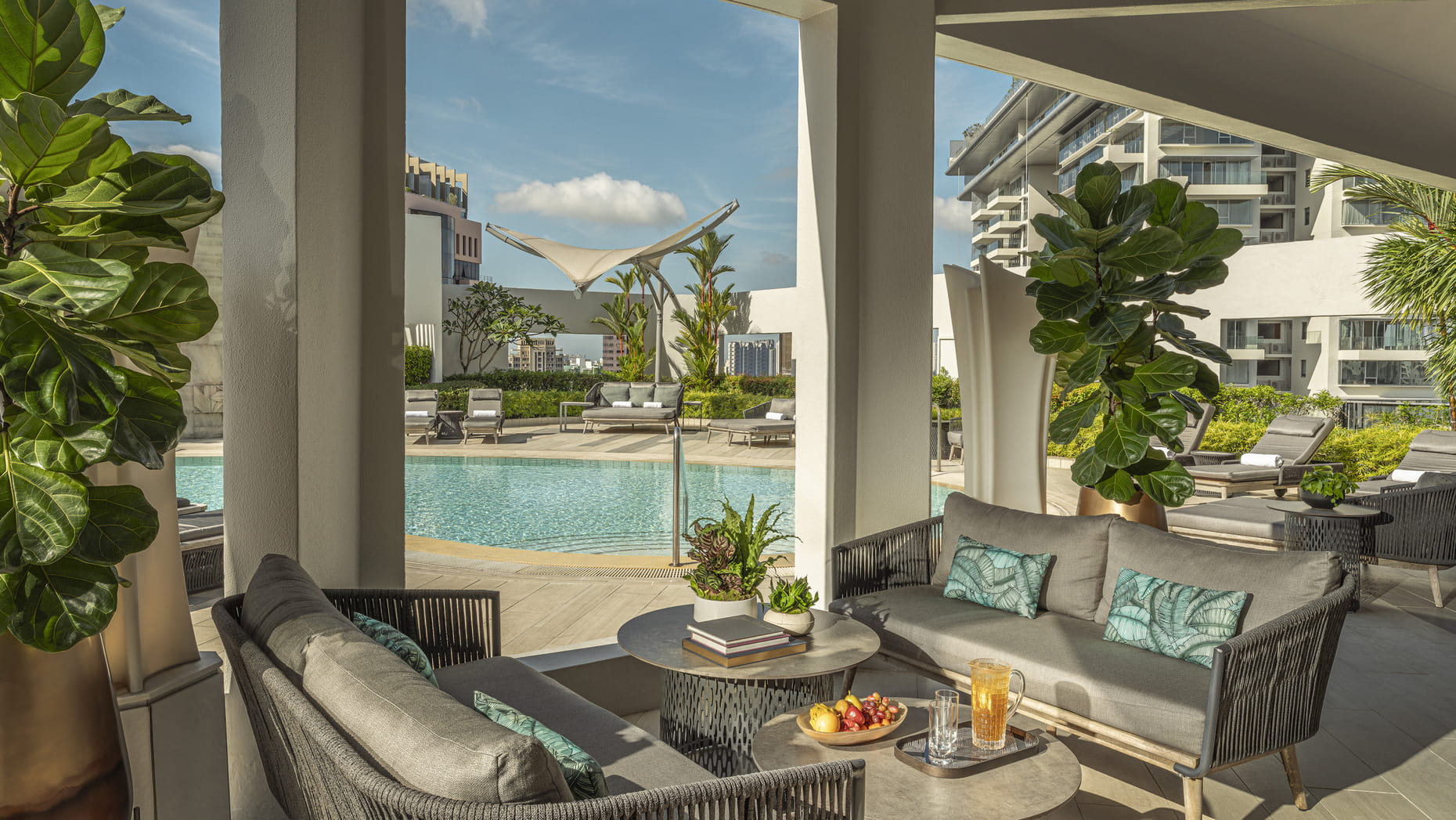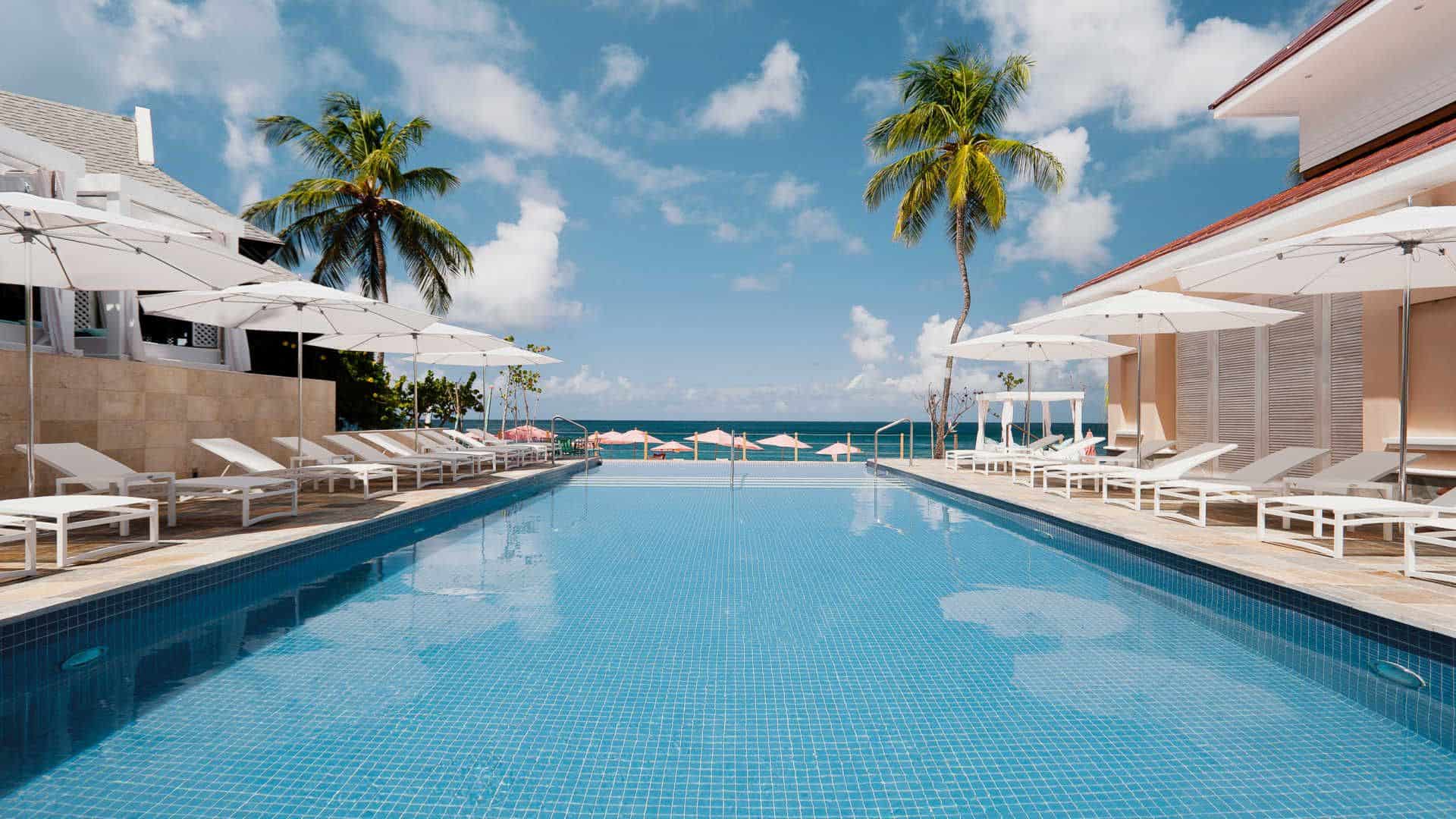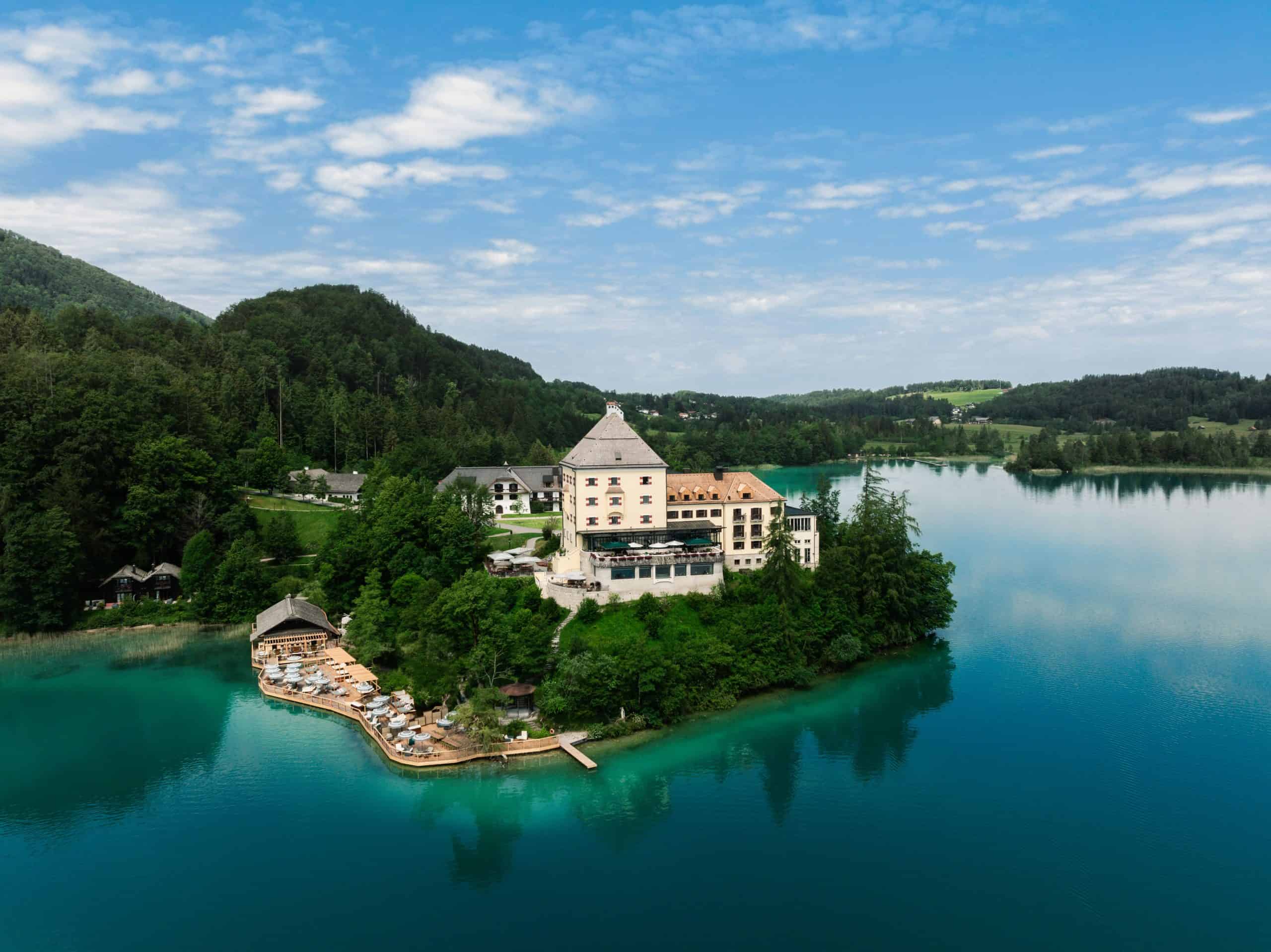The psychological term “inner child” is the idea that every person has trauma from the past which influences their behaviour in the future. Whilst each person grows up with a different childhood—some more idyllic than others—everyone will have experienced some sort of pain growing up, which may be reflected later on in their adult life. Compare Retreats speaks to Sonia Samtani from wellness centre All About You on how to heal your inner child and on balancing masculine and feminine energies.
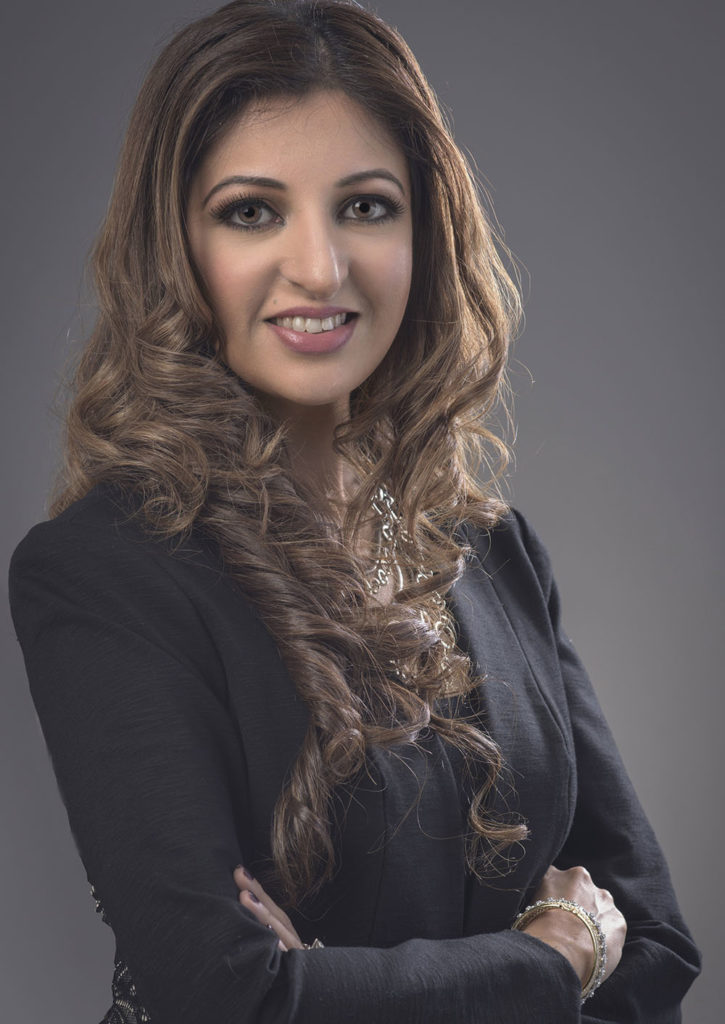
Can you tell us what it means to have an inner child? An inner child is a way that we see a part of ourselves that is stuck in the trauma of the past, and it hasn’t grown up to the age of today. So whenever you’re feeling anything other than peace, or when you’re in pain—and that pain could be physical pain, anger, sadness, fear—you’re basically not at peace. One way we deal with that is that we freeze that part of us and we put a defense mechanism over it in order to cope. And that part of us actually gets stuck at that moment. So as we physically grow up, most of our consciousness grows up as well to the age of today. But there is that part of us that is still stuck in that moment of trauma. So anything that can trigger you today can actually take your mind back to that moment. And then we’ll start acting the way that we acted when our mum left us. For example, we can act like we’re two years old. We can act like a teenager. We can act like a 20-year-old. We can basically act at the age of that inner child—and that is hurtful.
See also: When To Get Help For Your Mental Health & Why Early Intervention Matters
Can you give us two misconceptions of inner children? There are two things that people tend to misconceive about inner children. The first misconception is that an inner child means that it needs to be under the age of 18. That’s not true, as it’s a part of you that is younger than this moment. So if something happened this morning and you were in trauma, you could have created an inner child. And the second misconception is that we have only one inner child. We can have millions of inner children. You can just imagine the number of times that you have felt other than peace. That’s the number of inner children.
So why is it important to heal our inner children? It is important to heal our inner children so that we can bring ourselves more at peace and then we can tend to not get triggered. So these things can happen in environments as simple as going networking. So if you go networking and you see a group of people together, it could remind you of being bullied at school. And no one’s really doing anything. People could be standing in a circle talking to each other in your mind that could then be a structural representation of something that happened in school. And at school, you felt abandoned. You felt bullied. You felt not good enough. And now that inner child is taking over your system and you start acting like that again, it affects and influences your behavior today.
See also: 5 Luxury Anti-Stress Retreats To Deal With Your Burnout
Can you tell us about how we can heal our inner child and what that entails with the help of someone like you? So an inner child consultation with a therapist would be the therapist guiding you back to that age where the trauma happened. I’m giving you a chance to reparent yourself, so to speak, and what’s needed for anything is to be so therapeutic is catharsis and wisdom. Any therapy involves these two things. Catharsis is basically releasing the emotional toxicity that is trapped in our bodies. It’s the anger that we didn’t express, the sadness, we didn’t express the frustration—we didn’t express whatever that was, so we allow ourselves to breathe it out. And once the catharsis is done, there is an opportunity for us to view the same situation with a different lens so that we can change our interpretations of the past.
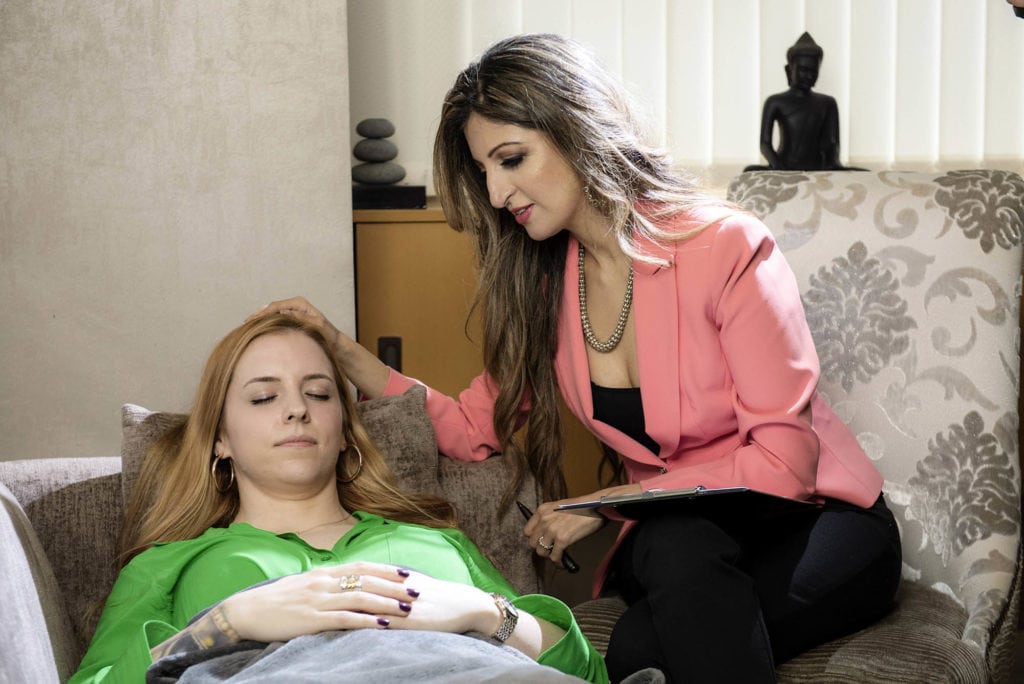
Can you give us some really frequent examples of inner child behaviour? The core issues that we tend to have would be on belonging, trust, acceptance and love. These tend to show up as adults through our defense mechanisms. We have three categories of defense mechanisms.
- The first is when you can’t trust someone so you can’t say no, can’t hold a boundary, and result in pleasing behaviors and not doing what you want, so inside feels a little bit incomplete.
- The second one is proving you will show them that you can do it. So that comes across as perhaps not connecting to people and wanting to prove a point and do it your way. This can lead to people feeling distant around you.
- The third one is withdrawal, so moving away from the situation, avoiding talking and being around anybody.
When the issue is so great, that a person is completely hijacked and doesn’t know how to control themselves, that’s when it’s most appropriate to see a therapist. Once you come to a therapist enough, people can start doing their own healing because you don’t have to be dependent on a therapist for every little thing. So once you know the principles of healing and inner child, I say to all my clients, do what yourself for issues that come up day-to-day, you are your own healer, and clients have been able to resolve a lot of their own issues. And for those people who have been seeing me for years, they only come to me when it’s so persistent that their adult self of today gets lost because the inner child has completely taken over and they can’t do it themselves.
If I’ve identified that I am being terrorized by an inner child, what are the basics of healing yourself? Is there a DIY method (or even an online method)? The first thing to do is to become aware of how you are feeling. So when other people start getting irritating to you, when the world kind of seems like it’s not okay, generally, there’s something that’s come up for you. And with that awareness first, you will realize that you are being the victim, which actually takes you out of being the victim because awareness means that you’re not hijacked by that.
The next step is to realise that you’re not feeling at peace and to check the fact versus how you’re feeling. This is the hardest part because sometimes we don’t tend to separate fact from interpretation because we say that, for example, this person we encountered was too rude. So if you separate fact from interpretation, you can see what you made it mean. And then check how many times have you made the same interpretation? Chances are, you’re probably made the same interpretation many, many times. And that interpretation could be a conclusion that you have made, which stems from an inner child. This could be from usually between ages zero to eight where we form a critical filter in our mind. Next, you can build a new bridge between your adult self of today and the inner child which has created a new interpretation of the situation.
Let’s talk about masculine and feminine energies. Why is it important to keep these in balance?
Balance looks different for every person. There is actually no universals that are masculine and feminine balance. We need to discover what that is for us because we all have yin and yang energies. Usually, if you are in a female body, you would have more yin than yang—but not always. So let’s say to make life easier, you’d have 70% yin and 30% yan, and that could be your balance. So it’s about sort of coming back to your original self, to your authentic nature.
What are yin and yang?
So these are two universal principles that reflect the earth’s polarities (e.g. left, right, up, down), and masculine and feminine is one of those polarities. The yin energy, which is so-called feminine, is the energy that is flowing and has emotions that one can enjoy, which lives in the moment. The yang energy is more directional and focused. So these are two different types of energy and we all have both and there are sort of some transgendered or some people that have a female body, but naturally, they have more yang energy.
A lot of our readers are women and in a city like Hong Kong and a lot of personalities, but also a lot of yang around. What advice do you give for women that are trying to increase their probably feminine energy inside, but they also don’t want to be perceived weak? Like we live right now in this, in a very complicated time. I feel where we’re being told to be strong, but a woman’s strength is also in her femininity. I think the first thing is to understand is the misconceptions of men being the stronger one. There is so much strength in vulnerability and nurturing in feminine leadership styles. So it’s important to understand that both have strengths and weaknesses. It’s important to be able to understand when to be masculine and when to be feminine. So if we can understand the masculine part and the feminine part, then we can sort of move away from the stereotypical misconceptions.
See also: How Traditional Medicine Supports Every Day Mental Wellness
How can we cultivate our yin energy? You can cultivate your feminine energy any time you’re enjoying the moment and you’re in the flow. So instead of thinking of functional activities, try to think, what would I enjoy today? And then you pick your clothes from that energy. That’s already tapping into you when you’re cooking. Are you cooking because you have got to eat functionally? That’s the yang, or are you cooking because what would I really enjoy doing? And sometimes it can look like dancing. Sometimes it can look like going for a massage. It’s about just sort of getting your mind, focusing on enjoying the moment, and even connecting to a person.
In relationships, sometimes things feel unbalanced because women are kind of being pulled to be a bit more yin. What do you recommend about balancing yin and yang energy? What’s happening is that let’s say the women are overcompensating. They’re young and they’re attracting men that are more feminine. And in a lot of these cases, neither are being authentic. So the woman is overcompensating by the yin and man is overcompensating the yang and it’s just not working. Awareness and balance are key. Feminine and feminine are nurturing whilst masculine and feminine are polarising, so if you get good at bridging the gap then you can try to reconnect sexually, mentally and physically.
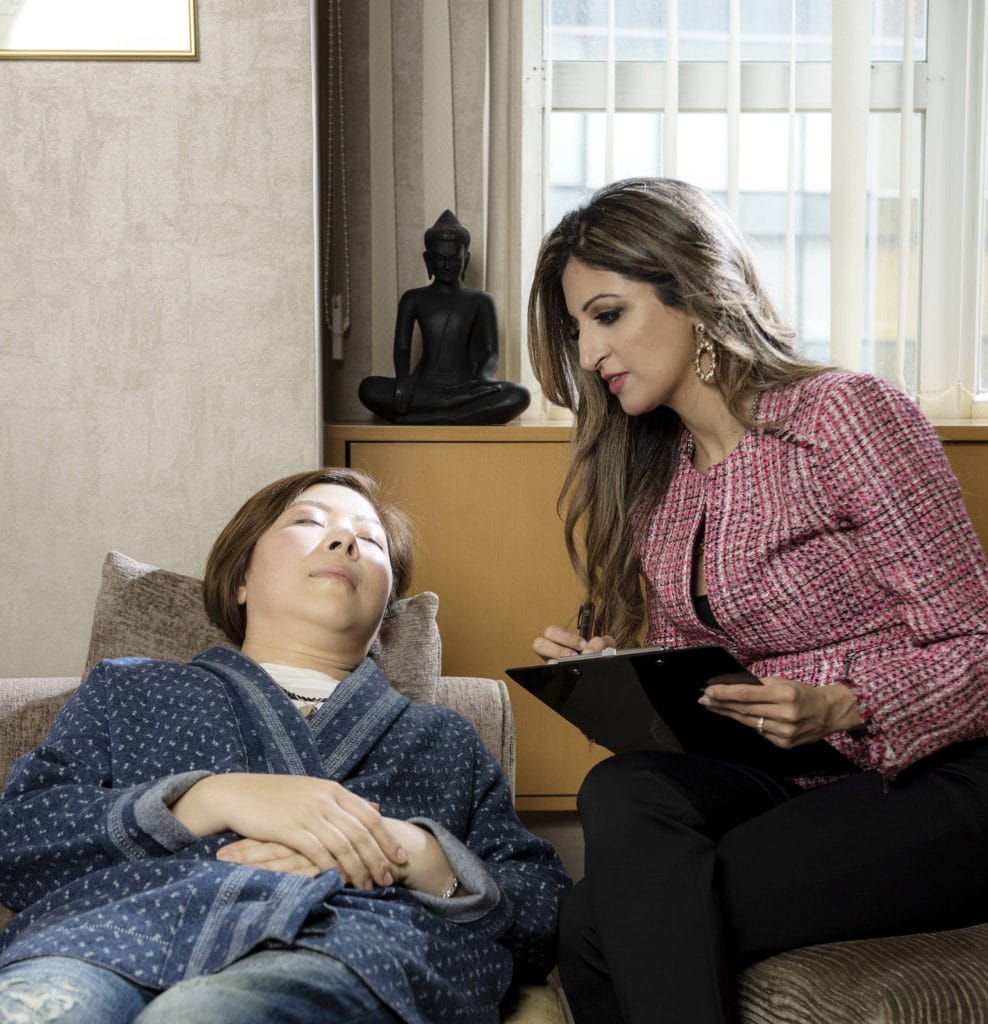
What work do you do in Hong Kong and your office and also online services do you offer? So we do three things. We do private sessions, so if somebody would like to take a private session, I do that myself. I’ve got other practitioners that can work on specific inner children and we can work to even discover your core inner child. The second thing I do is a healing workshop, which is a full-day workshop where I explain what an inner child is and how it’s formed, and we do lots of healing. I have a basic and an advanced version of that. And the third is I do training. So I teach people to become therapists and I teach people to actually work on inner children for others too.
What do you offer online? I offer private sessions and short workshops, like a two hour workshops, and 90-minute workshops on healing and our children, as well as the union.
If someone wants to today try to heal their inner child and balance their masculine and feminine energy. What’s one daily tip that you can give them something that’s really easy to do every day? So to prevent creating more inner children every night, do a review of your day and think about how many times you have felt not at peace. As you become aware, take as many breaths as you can to release the toxic emotion from your body. If you do that every night, you’re going to prevent yourself from creating more inner children and you’re also going to be able to heal the ones that have been there because this is a regular practice of breathing it out.
What are some of your own wellness practices that you do every morning and night? I do my daily review and I imagine a compelling future that I would love to step into because the language of the subconscious mind is images and feelings. So I step into the future that I would love and I feel it fully in my body. And then I put that picture in a ball of light and I surrender it up to the universe with trust. So I’m not attached to the form. And in the morning I chant mantras, I do sun salutation and I do breathing exercises. Those are the two things.
Sonia Samtani is the Founder of All About You Wellness Centre. She is a licensed Clinical Hypnotherapist, qualified Life Coach, certified Corporate Trainer, accredited Image Expert, Family Constellation Facilitator, certified Transpersonal Regression Therapist, and Public Speaking Coach. Find out more about her practices here.
If you are looking to book a session with Sonia, find out more here.

